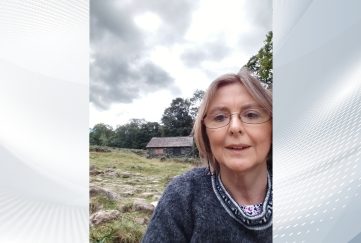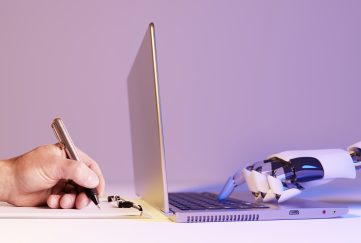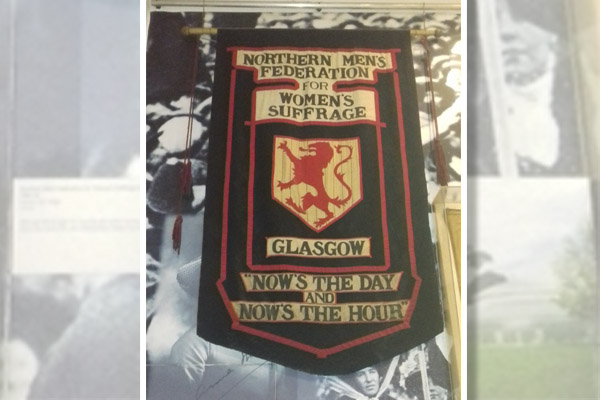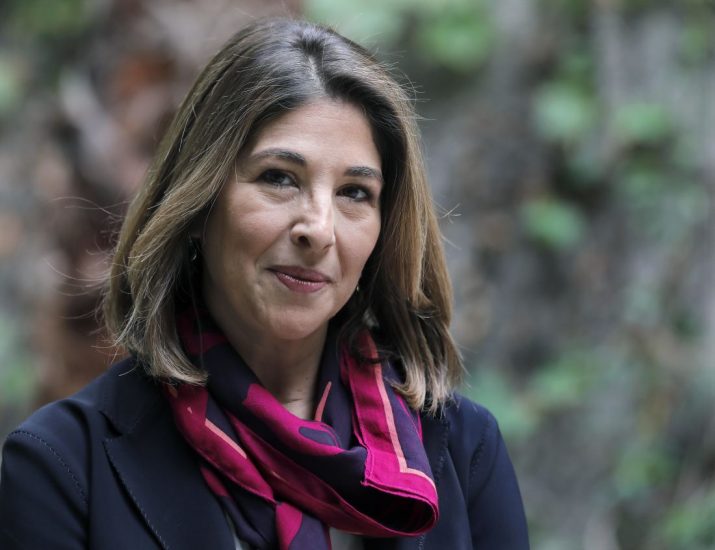Why Do We Read? Maybe This Is The Answer . . .
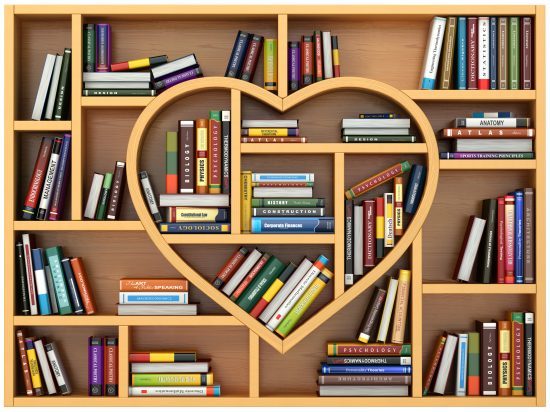
Why do we read?
If someone asked you, what would you say? Entertainment? To pass the time? Escapism?
And would you give the same answer whether the question was about fact or fiction?
There was a really interesting report a while back about how reading fiction broadens the mind. And it’s not only in the factual information we might glean from the writer’s research of, say, locations or history.
No, reading fiction helps increase our empathy with others, through giving us characters we can think about and grow to care about.
It’s especially noticeable when we read a book like, for example, Nadia Hashimi’s “The Pearl That Broke Its Shell”, or “All The Light We Cannot See” by Anthony Doerr, two books I’ve recently finished.
The first is set in Afghanistan, and tells the tale of a grandmother and her great-granddaughter, who is allowed to live as a boy until she’s 13. This offers her a freedom that girls there never know.
The story is a fascinating, and at times horrifying, insight into a way of life and a society that was completely unknown to me. And it was the plight of the girl, Rahima, that kept me reading.
Not much empathy there
“All The Light We Cannot See” tells two stories. One is that of Marie-Laure, a young blind French girl with no mother but an adoring father.
The other is German orphan Werner, who is desperate for a way out of the life he can see mapped out inevitably before him. The backdrop is Paris as the Nazis rise to power and occupy France.
Their two separate stories ultimately intertwine and, again, as the story evolves, it’s the fate of these two young characters that completely captures the emotions of the reader.
Marie-Laure’s story gives an insight into the experience of being blind; Werner’s into the madness of the Nazi regime.
I don’t know that anyone would feel much empathy there, and yet, and yet . . . we can empathise with a boy desperate to escape a grim future . . .
The point is — and this research comes to the same conclusion — that fiction can help us understand different societies and cultures, different experiences, different types of people.
And so it increases our capacity to empathise with those outside our normal circle.
The key ingredient in this is characters we can care about.
And anyone who’s been at one of our workshops will know that’s something we bang on about endlessly!
For more from the team, read our blog here.
Click here to read some of our great Fiction content.



